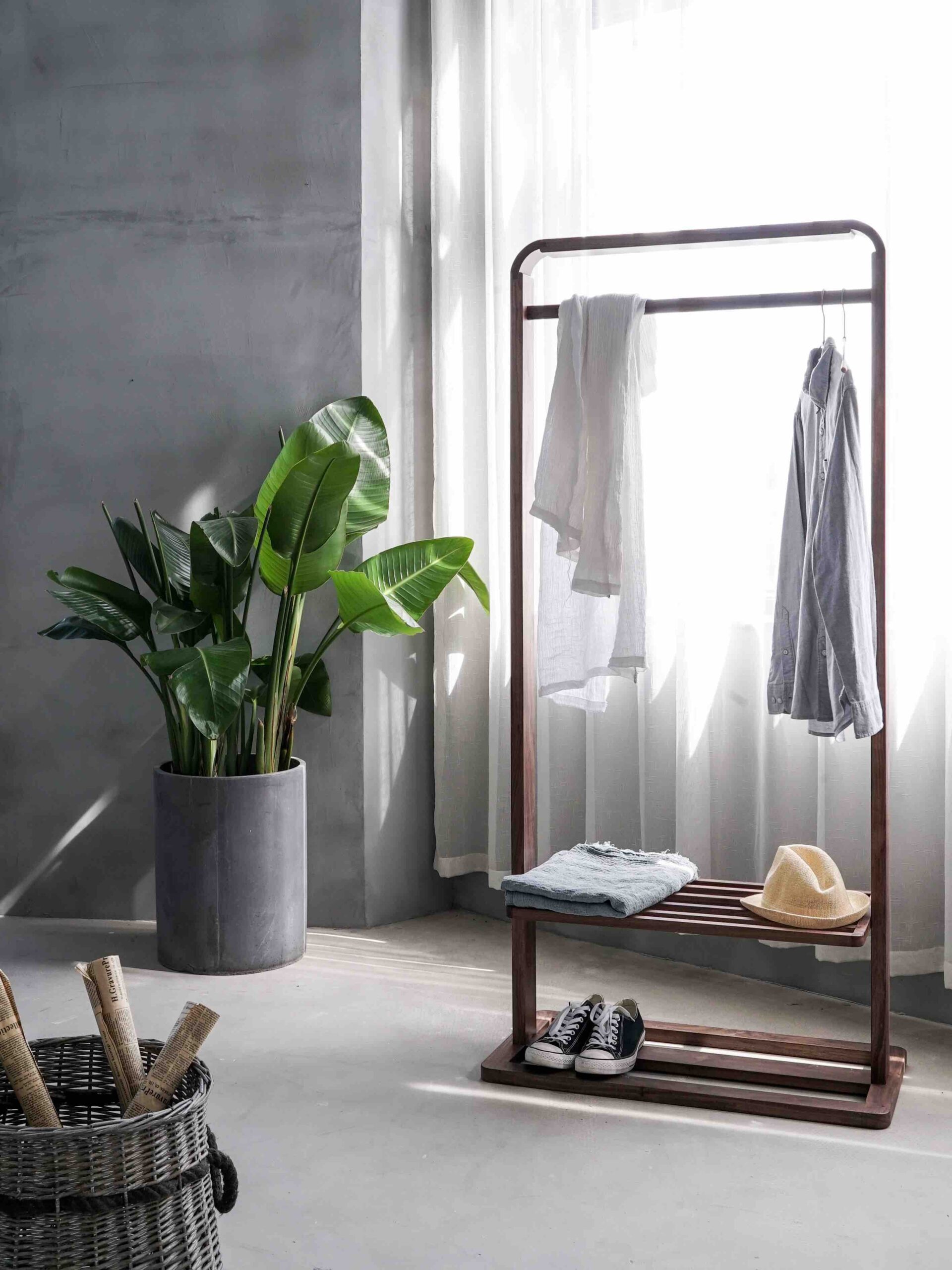Introduction
Designing your own house can be an exciting and fulfilling endeavor. It allows you to create a space that reflects your unique style and meets your specific needs. However, before diving into the process, it’s important to understand the challenges and considerations involved in designing your own house.
1. Assess Your Skills and Expertise
Designing a house requires a combination of creativity, technical knowledge, and attention to detail. While you don’t need to be an architect or an interior designer, having a basic understanding of architectural principles and construction methods can be beneficial. If you feel confident in your abilities or are willing to learn, designing your own house can be a viable option.
2. Define Your Goals and Priorities
Before starting the design process, it’s crucial to define your goals and priorities. Consider factors such as the size of the house, the number of rooms, the layout, and any specific features or amenities you desire. Understanding your needs and preferences will help guide your design decisions and ensure that the final result meets your expectations.
3. Research and Gather Inspiration
Exploring different architectural styles, browsing home design magazines, and visiting open houses can provide inspiration for your own design. Take note of elements you like and consider how they can be incorporated into your own house. Creating a mood board or a digital scrapbook can help you visualize your ideas and communicate them effectively.
4. Work with Professionals
While you may be designing your own house, it’s still important to work with professionals throughout the process. Collaborating with an architect or a structural engineer can ensure that your design is structurally sound and meets building codes and regulations. Additionally, consulting with contractors and interior designers can provide valuable insights and help you make informed decisions.
5. Consider Budget and Time Constraints
Designing and building a house can be a time-consuming and costly endeavor. It’s essential to establish a realistic budget and timeline to avoid unexpected expenses and delays. Researching construction costs, obtaining multiple quotes from contractors, and carefully managing your finances can help you stay within budget and complete the project on time.
6. Understand Building Codes and Regulations
Before finalizing your design, it’s crucial to familiarize yourself with local building codes and regulations. These guidelines dictate various aspects of construction, such as minimum room sizes, ceiling heights, and safety requirements. Ensuring that your design complies with these regulations will save you time and potential legal issues in the future.
7. Embrace Flexibility and Adaptability
During the design process, it’s important to remain open to changes and adapt your plans as needed. Sometimes, certain design elements may not be feasible or may need to be modified due to budget constraints or technical limitations. Being flexible and willing to compromise will help you navigate any challenges that arise along the way.
Conclusion
Designing your own house can be a rewarding experience that allows you to create a home that is truly unique to you. By assessing your skills, defining your goals, researching, and working with professionals, you can turn your vision into a reality. Remember to consider budget and time constraints, understand building codes, and embrace flexibility throughout the process. With careful planning and attention to detail, you can design a house that perfectly suits your needs and reflects your personal style.




